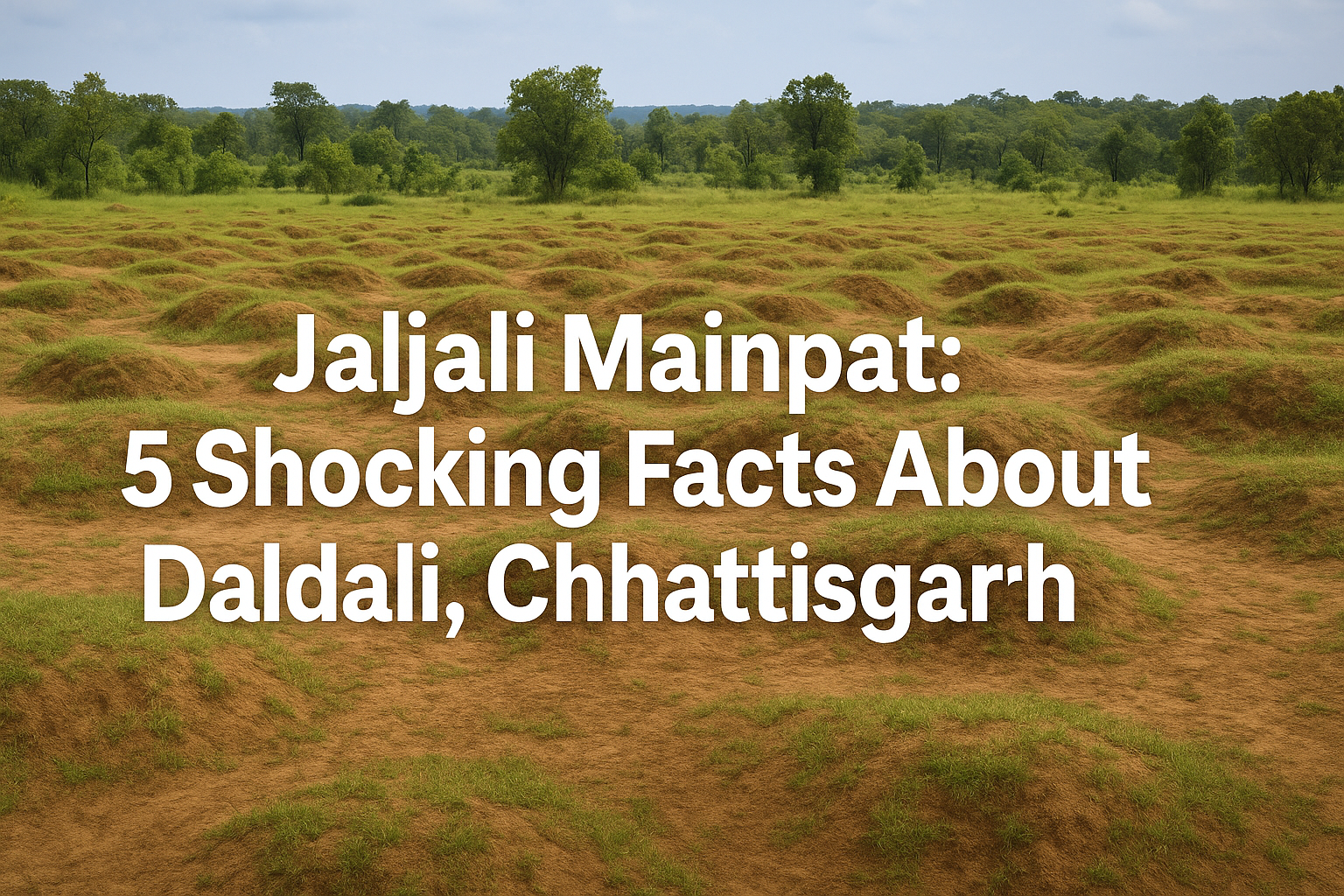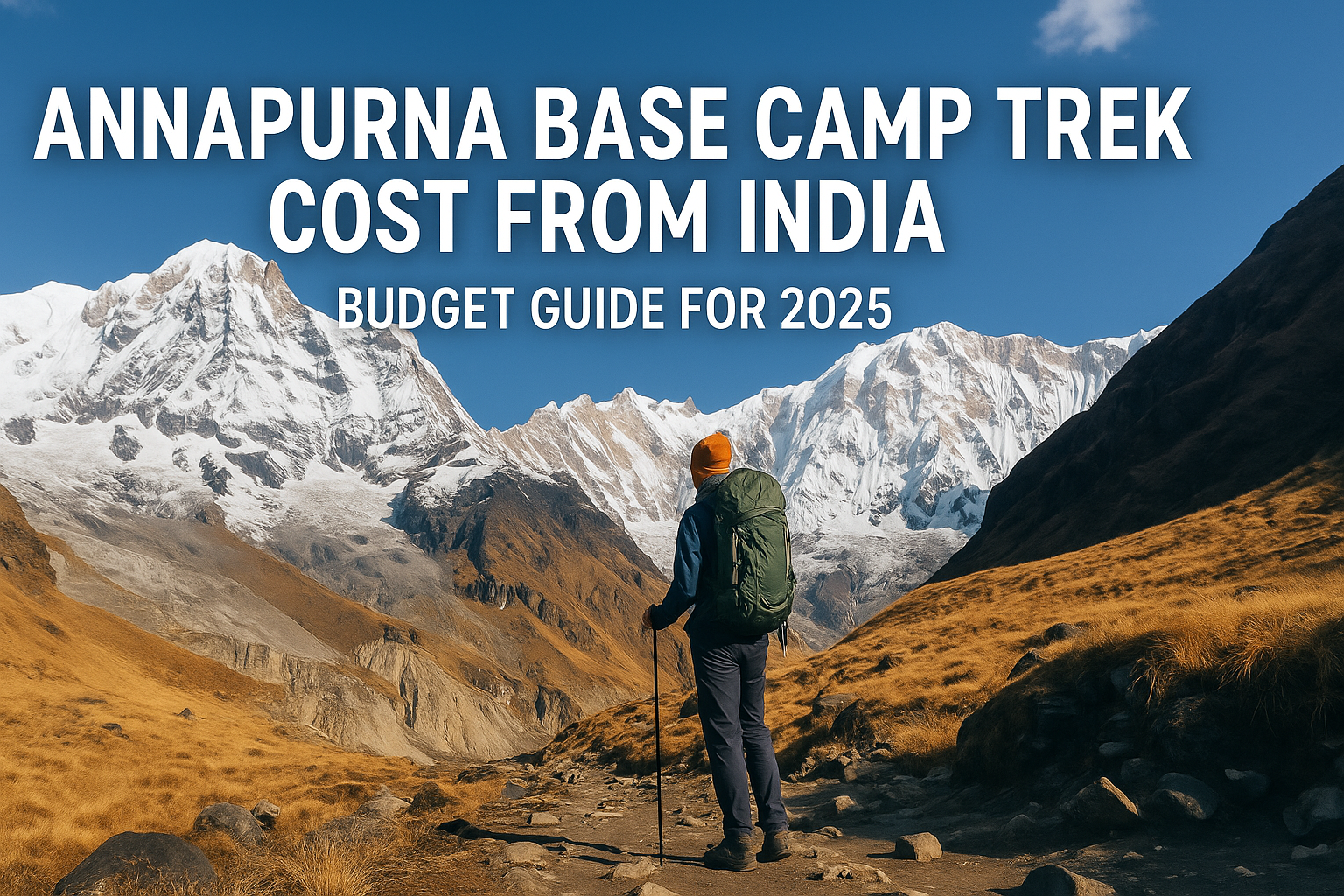Introduction
Kerala’s lush landscapes and vibrant culture make it a popular destination, but the region is also prone to severe flooding, especially during the monsoon season. Floods can disrupt daily life, damage property, and pose serious risks to health and safety. Understanding how to stay safe during these natural disasters is crucial for both residents and travelers. In this guide, we’ll cover essential safety tips and strategies to help you navigate and stay secure during Kerala’s flood events.
1. Stay Informed with Real-Time Updates
During a flood, staying updated with the latest weather conditions and flood alerts is vital. Follow local news, weather channels, and official government updates. Sign up for emergency alerts from the Kerala State Disaster Management Authority (KSDMA) to receive real-time notifications about flood warnings and evacuation orders. Utilize weather apps and social media to keep track of changing conditions and ensure you are not caught off guard.
2. Prepare an Emergency Kit
Having an emergency kit ready can make a significant difference during a flood. Pack essentials including:
- Non-perishable food and water for at least 72 hours
- First-aid supplies and necessary medications
- Flashlights and batteries
- Portable phone chargers
- Important documents in a waterproof container
Ensure that your emergency kit is easily accessible and updated regularly. This preparation can help you manage through the initial stages of a flood and facilitate a safer evacuation if needed.
3. Avoid Flooded Areas
Floodwaters can be deceptively dangerous. Avoid walking, driving, or wading through flooded areas. The water may contain harmful bacteria and chemicals, and swift currents can be life-threatening. If you are driving, do not attempt to cross flooded roads; turn around and seek alternative routes. For those on foot, stay on higher ground and avoid submerged areas to prevent injury or infection.
4. Follow Evacuation Orders
If local authorities issue evacuation orders, follow them promptly and calmly. Evacuation plans are designed to ensure your safety, so adhere to the instructions provided. Make sure to evacuate with your emergency kit and avoid returning to your home until it has been deemed safe by officials. Knowing the location of nearby evacuation centers and shelters can help streamline the process.
5. Protect Your Home and Property
If you have advance warning of an impending flood, take steps to protect your property:
- Elevate electrical appliances and utilities above potential flood levels
- Use sandbags to block water from entering your home
- Secure outdoor items that could be swept away or cause damage
While these measures cannot guarantee complete protection, they can help reduce the impact of flooding and mitigate potential damage.
6. Practice Good Hygiene and Health Precautions
Floodwaters can pose serious health risks, including waterborne diseases. Practice good hygiene by washing your hands frequently with clean water and avoiding contact with contaminated water. Boil water before drinking if there are concerns about its safety. Keep wounds clean and covered to prevent infections and seek medical attention if you experience any symptoms related to waterborne illnesses.
7. Stay Calm and Focused
During a flood, maintaining a calm and focused demeanor can help you make better decisions and ensure your safety. Keep a clear head, follow safety protocols, and assist others if possible. Avoid panic and stay informed to navigate through the situation effectively.
Conclusion
Flooding in Kerala can be a challenging experience, but with proper preparation and knowledge, you can stay safe and manage the situation effectively. By staying informed, preparing an emergency kit, avoiding hazardous areas, following evacuation orders, and taking steps to protect your home, you can mitigate the risks associated with flooding. Remember to practice good hygiene and remain calm throughout the event. These strategies will help you navigate the flood safely and ensure a secure environment for yourself and your loved ones.




